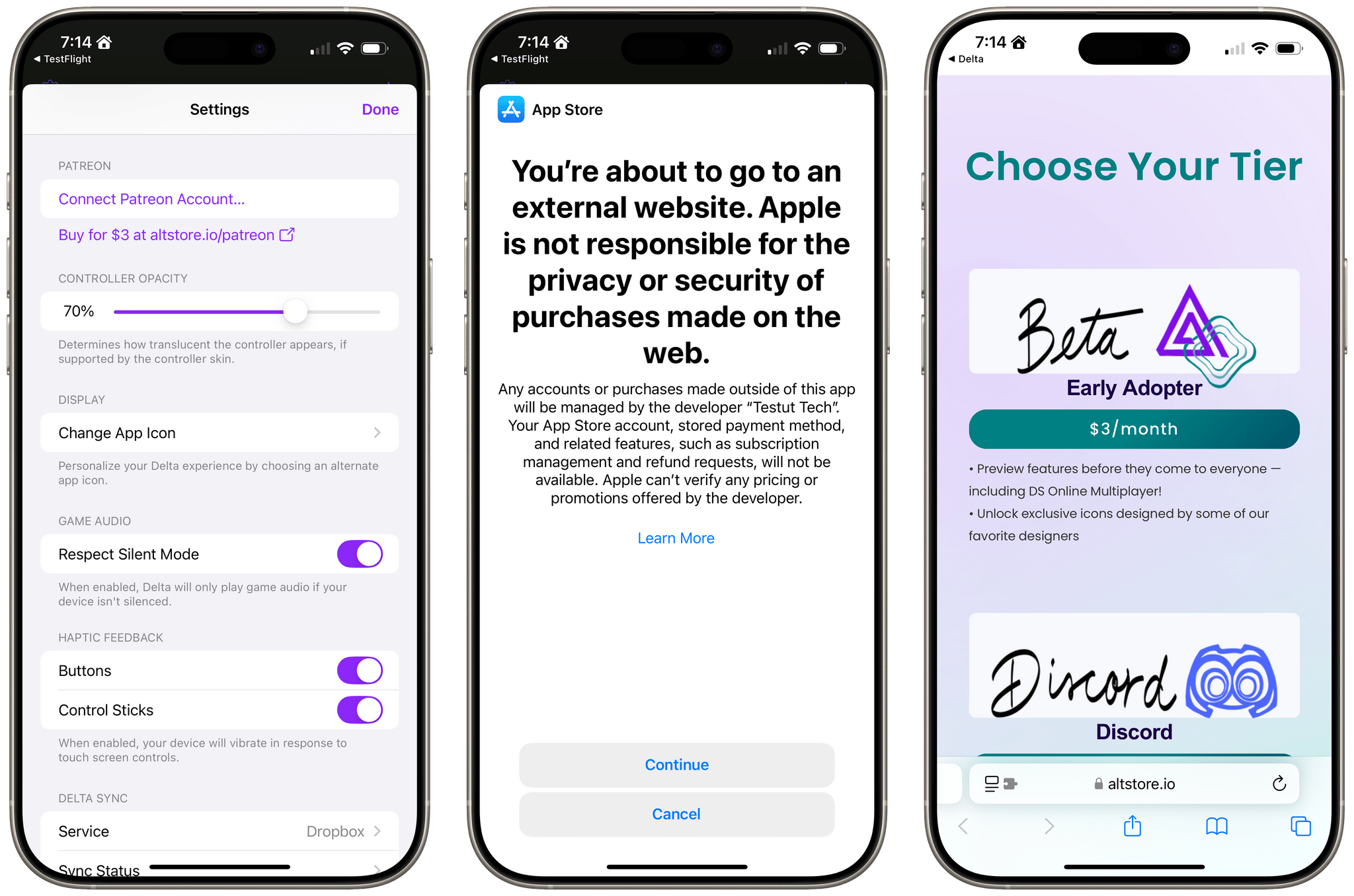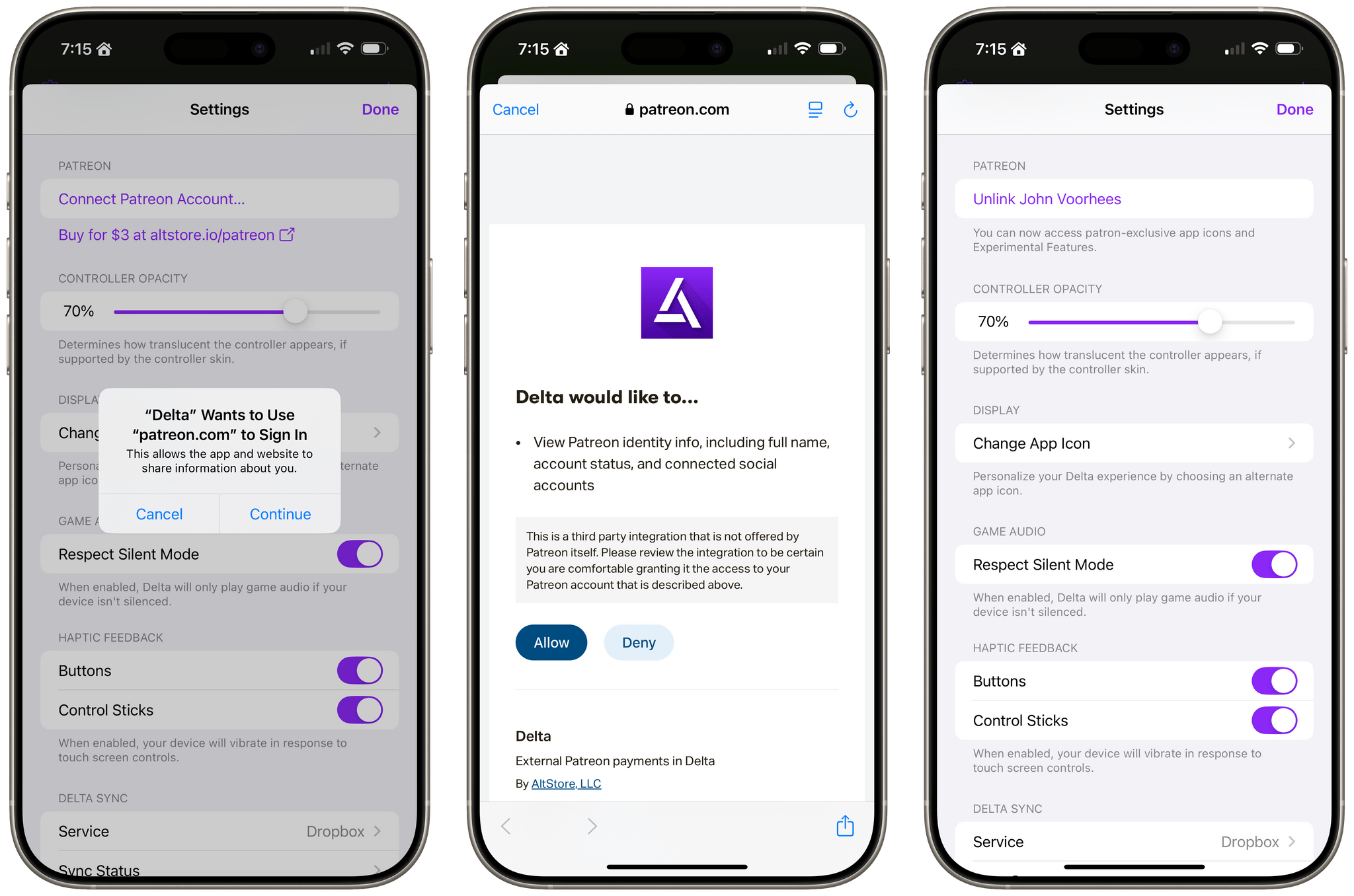Just as I was linking to Eric Migicovsky’s post about the disadvantages third-party smartwatch makers face when trying to integrate with the iPhone, the European Commission (EC) released a pair of related specification decisions regarding Apple’s Digital Markets Act compliance. The first covers iPhone connectivity with third-party devices:
The first set of measures concerns nine iOS connectivity features, predominantly used for connected devices such as smartwatches, headphones or TVs. The measures will grant device manufacturers and app developers improved access to iPhone features that interact with such devices (e.g. displaying notifications on smartwatches), faster data transfers (e.g. peer-to-peer Wi-Fi connections, and near-field communication) and easier device set-up (e.g. pairing).
The other decision focuses on the process of interoperability:
The second set of measures improves the transparency and effectiveness of the process that Apple devised for developers interested in obtaining interoperability with iPhone and iPad features. It includes improved access to technical documentation on features not yet available to third parties, timely communication and updates, and a more predictable timeline for the review of interoperability requests.
An unidentified spokesperson for Apple responded with a statement to 9to5Mac:
Today’s decisions wrap us in red tape, slowing down Apple’s ability to innovate for users in Europe and forcing us to give away our new features for free to companies who don’t have to play by the same rules. It’s bad for our products and for our European users. We will continue to work with the European Commission to help them understand our concerns on behalf of our users.
This decision shouldn’t come as a surprise to anyone who has been following our DMA coverage. It’s easy to understand why Apple is unhappy about this decision, but it’s also just as easy to understand how the status quo holds back competition. There are no easy answers to any of this, but as difficult as this may be for Apple to do while upholding its privacy, security, and other standards, I’m glad the EU is pushing for change and hope those changes spread to other corners of the globe.





.](https://cdn.macstories.net/sunday-08-dec-2024-03-27-52-1733624879623.png)